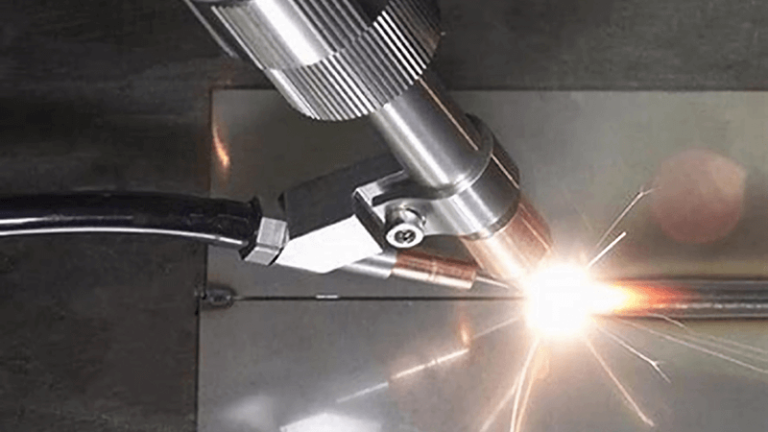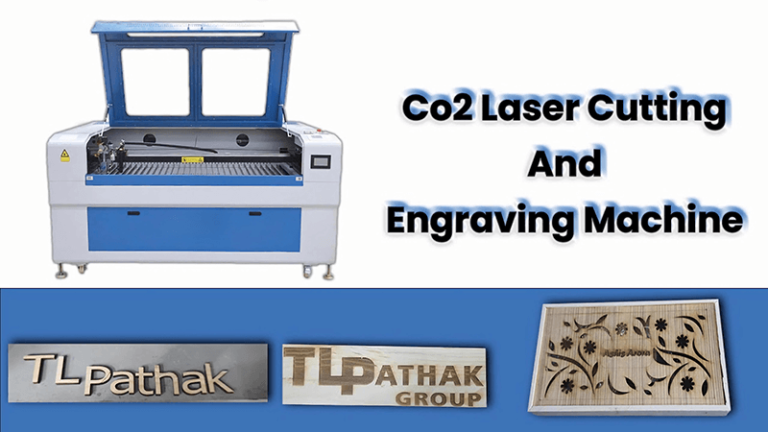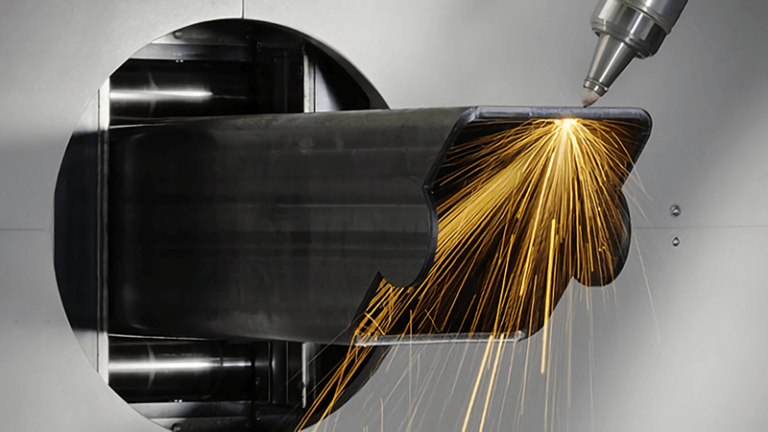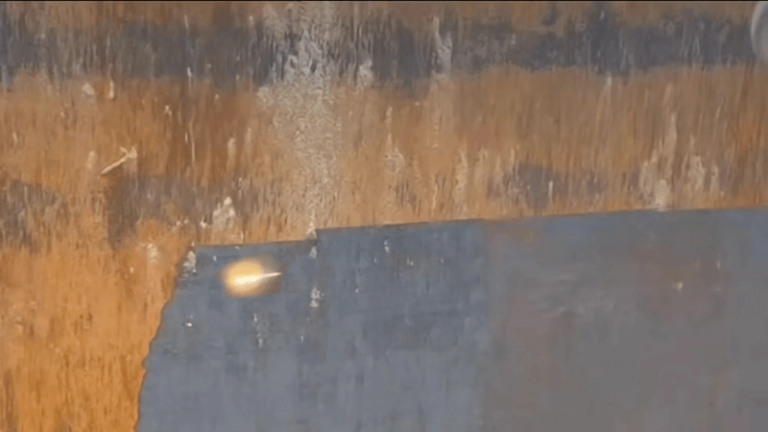Laser welding sounds impressive—but is it really a game-changer, or just another expensive tool with a fancy name?
Yes, laser welders are absolutely worth it—for the right application. They're faster, cleaner, and more precise, especially in industrial and high-volume use cases.
When we started offering laser welding machines at Kirin Laser, I didn’t expect just how quickly they would change the way our clients worked. I’ve seen laser welding crush TIG speed in production, deliver cleaner, more repeatable welds, and virtually eliminate post-weld cleanup. It's not for every situation—but where it fits, it really fits.
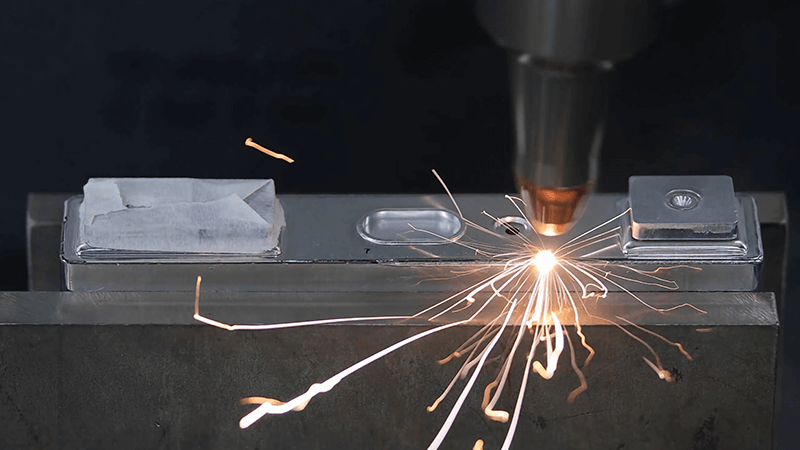
Are Chinese laser welders any good?
Many buyers hesitate when they see “Made in China” on high-tech tools. Is that hesitation still valid today?
Yes, Chinese laser welders can be very good—as long as you're buying from a reliable manufacturer with real experience and support.
I know the stigma well. But let’s be honest—the quality gap between Chinese and Western machines is shrinking fast. At Kirin Laser, we’ve spent years perfecting our welding systems1. We don’t just ship boxes—we build relationships. Our machines are in aerospace, automotive, medical, and electronics industries worldwide.
What makes a Chinese laser welder good”?
| Factor | What to Look For |
|---|---|
| Laser Source | Branded (e.g. Raycus, Maxphotonics, IPG) |
| Motion System | Precision servo motors, stable gantry design |
| Interface & Software | English UI, easy parameter presets |
| After-sales Support | Local partners or 24/7 global support |
| Customization Options | Adjustable optics, fixtures, robot integration |
You can’t compare a generic $5K machine on AliExpress to a properly engineered system with QC, documentation, and real support. We’ve had clients come to us after failing with cheap models. What they learned the hard way is this: a cheap laser welder2 is very expensive if it delays your production or ruins your materials.
One distributor told me he couldn’t sell his previous supplier’s welders anymore—customers kept returning them. After switching to our machines, warranty calls dropped by 90%. That’s not luck. That’s engineering and service.
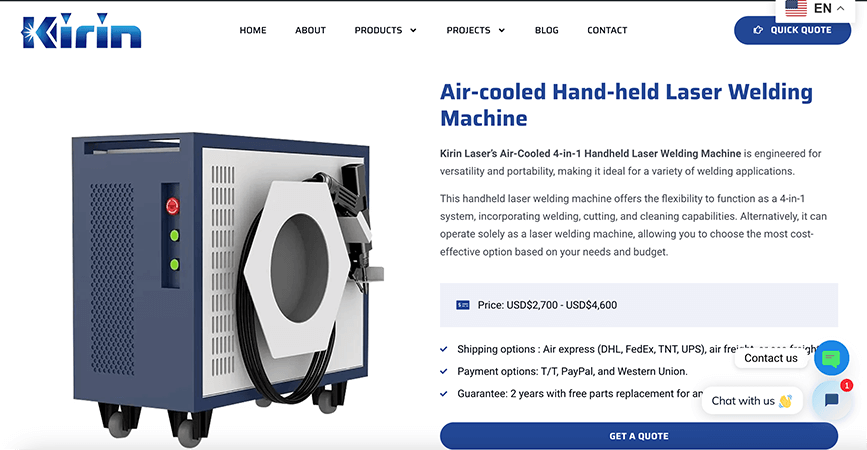
What is the hardest welding to use?
Welding isn’t one-size-fits-all. Some methods are much harder to learn and master than others.
TIG welding is widely considered the hardest to learn—it requires high coordination, steady hands, and detailed setup.
Ask any welder, and most will say TIG (Gas Tungsten Arc Welding)3 is the trickiest. You're balancing a torch in one hand, feeding filler with the other, adjusting foot pedal amperage—while trying not to contaminate the tungsten. It's a lot.
Why laser welding is simpler (and safer)
| Feature | TIG Welding | Laser Welding |
|---|---|---|
| Skill Required | High | Medium (after training) |
| Heat Input Control | Manual (pedal) | Auto, pre-set |
| Learning Curve | Steep | Flat after setup |
| Workspace Cleanliness | Messy (fumes, spatter) | Clean (low smoke, no slag) |
| Consistency | Operator-dependent | Machine-controlled |
Laser welding automates the difficult parts. Once you dial in the parameters, the machine takes over. One of our clients runs a team of beginners who couldn’t pass a basic TIG test. With laser welding4, they produced aerospace-grade welds within a week.
It’s not about replacing skill—it’s about making great results more repeatable. That’s what factories need. That’s what we build for.

Can laser welders weld aluminum?
Aluminum is tricky—it conducts heat fast, forms oxides, and loves to crack. So can laser welders handle it?
Yes, with the right setup, laser welders can weld aluminum very effectively—especially thin and reflective types.
We’ve helped many clients struggling with aluminum. One of them, in the electronics sector, had problems with TIG blow-through on 1mm housings. Laser welding changed everything. With pulse settings5 and wobble control, they got perfect seams—no burn-through, no warping.
Key things that matter for aluminum laser welding
1. Power and Pulse Settings
Aluminum reflects most of the laser energy. You need higher power and the ability to pulse or wobble the beam to break through the surface oxide and maintain control.
2. Shielding Gas Control
Argon6 works well, but gas coverage must be perfect. We design our nozzles to create a tight, directed gas flow to prevent contamination and oxidation.
3. Focusing Optics
Wider spot sizes and galvo systems help when welding non-flat or larger assemblies. Our handheld systems include dynamic beam shaping for this.
| Parameter | Recommended Setting for Aluminum |
|---|---|
| Power Level | 1000–2000W |
| Pulse Width | 0.5–2.0 ms |
| Gas Flow | 10–15 L/min |
| Focal Spot Size | 0.6–1.5 mm |
Yes, it takes tuning. But when it’s right, it’s amazing. We even have clients doing 3mm aluminum7, full-penetration welds, without filler wire. Clean, solid, low-heat. No TIG operator can do that on day one.
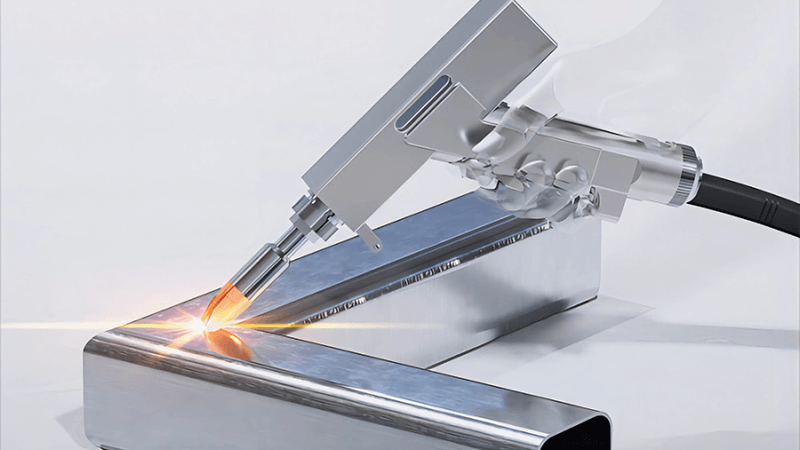
Is laser welding better than stick welding?
Stick welding is old-school, rugged, and works everywhere. But is it still the best choice?
For precision and production, laser welding is far better than stick welding. It’s faster, cleaner, and produces much less heat.
Stick welding (SMAW) still has its place. It’s great for outdoor, structural, heavy-duty jobs. But it’s also messy, slow, and inconsistent. You get lots of spatter, slag, smoke—and every weld depends heavily on the operator.
Here’s how laser welding compares in real-world use
| Feature | Stick Welding8 | Laser Welding9 |
|---|---|---|
| Speed | Slow (manual, stop/start) | Fast (continuous) |
| Cleanup | High (slag, brush, grind) | Minimal |
| Weld Quality | Variable | Precise, repeatable |
| Material Thickness | 3mm+ | 0.3mm–6mm |
| Automation | Limited | Fully automatable |
We had a metal furniture factory using stick welding for stainless tubing. Their team spent hours grinding joints to make them smooth enough for polishing. After switching to laser welding, they cut post-processing by 90%. Now they finish more units with fewer workers—and their products look better.
That’s what modern welding should feel like: effortless, clean, and scalable. And that’s what we’re helping deliver.
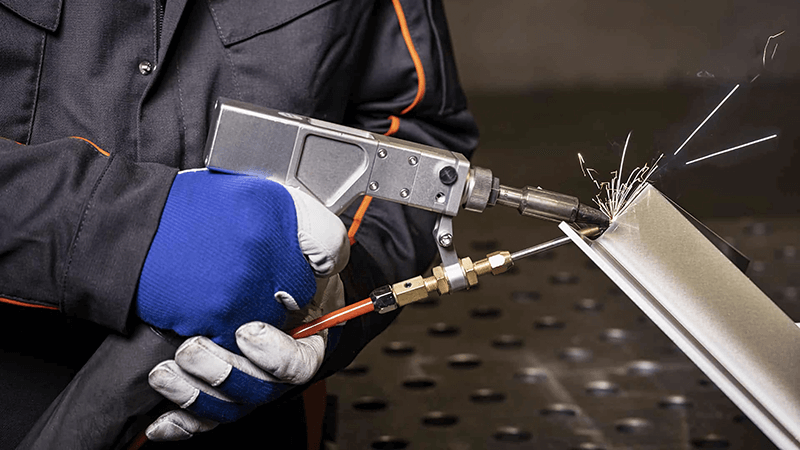
Conclusion
Laser welding10 isn’t hype—it’s evolution. It’s faster, cleaner, more precise, and easier to scale. Whether you're tired of TIG’s slow pace, or want to ditch the mess of stick welding, a laser welder can save time, improve quality, and boost output. And if you partner with a reliable supplier like Kirin Laser, you're not just getting a machine—you’re getting performance, support, and results. From aluminum electronics to stainless aerospace, we’ve helped clients level up—and we’re just getting started.
-
Discover the latest advancements in welding systems to enhance your production efficiency and quality. ↩
-
Discover key features that make a laser welder reliable and efficient, ensuring you invest in a machine that enhances productivity and minimizes downtime. ↩
-
Understanding the challenges of TIG welding can help you appreciate the advancements in welding technology and techniques. ↩
-
Exploring the benefits of laser welding can reveal how it enhances efficiency and quality in modern manufacturing. ↩
-
Learn how pulse settings influence the quality of laser welding, ensuring optimal results and preventing defects. ↩
-
Discover how argon enhances aluminum laser welding by preventing contamination and oxidation, ensuring cleaner and stronger welds. ↩
-
Discover advanced techniques for achieving clean, solid welds on 3mm aluminum, enhancing your welding skills and project outcomes. ↩
-
Explore the benefits of Stick Welding for outdoor and heavy-duty jobs, and understand its unique applications. ↩
-
Discover how Laser Welding enhances speed and quality in manufacturing, making processes more efficient and cost-effective. ↩
-
Find the best laser welding machines and laser welding solutions from Kirin Laser, clicking this link to get your best product for your applicatipn. ↩


